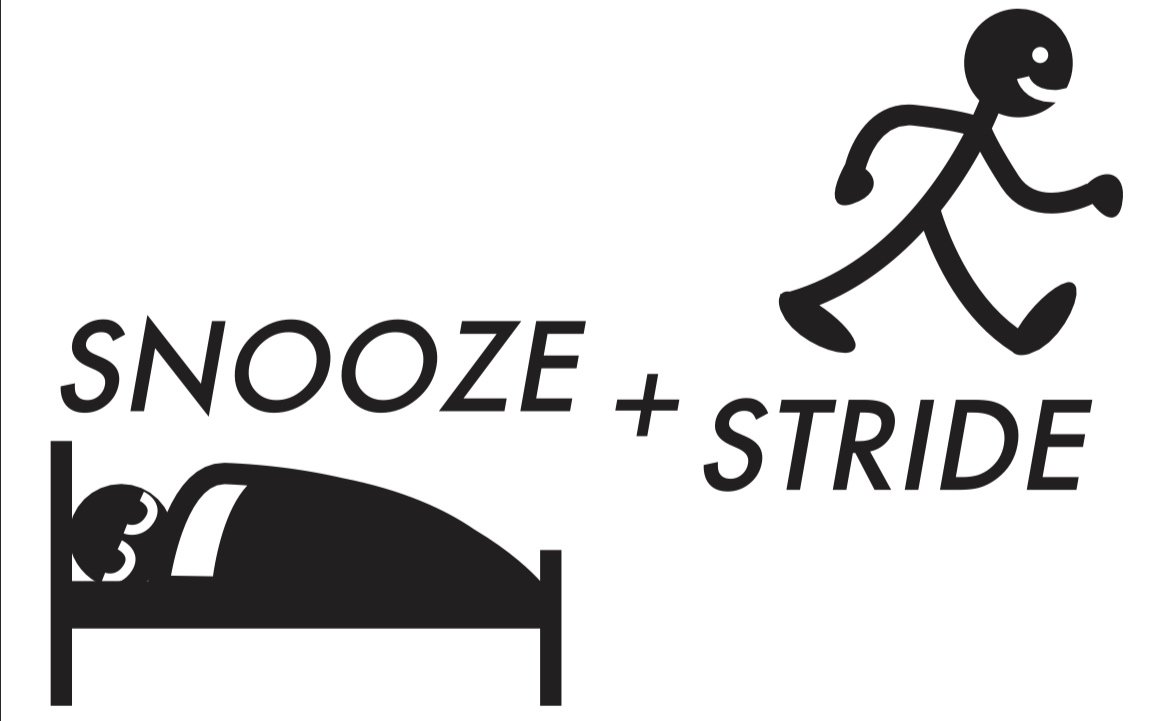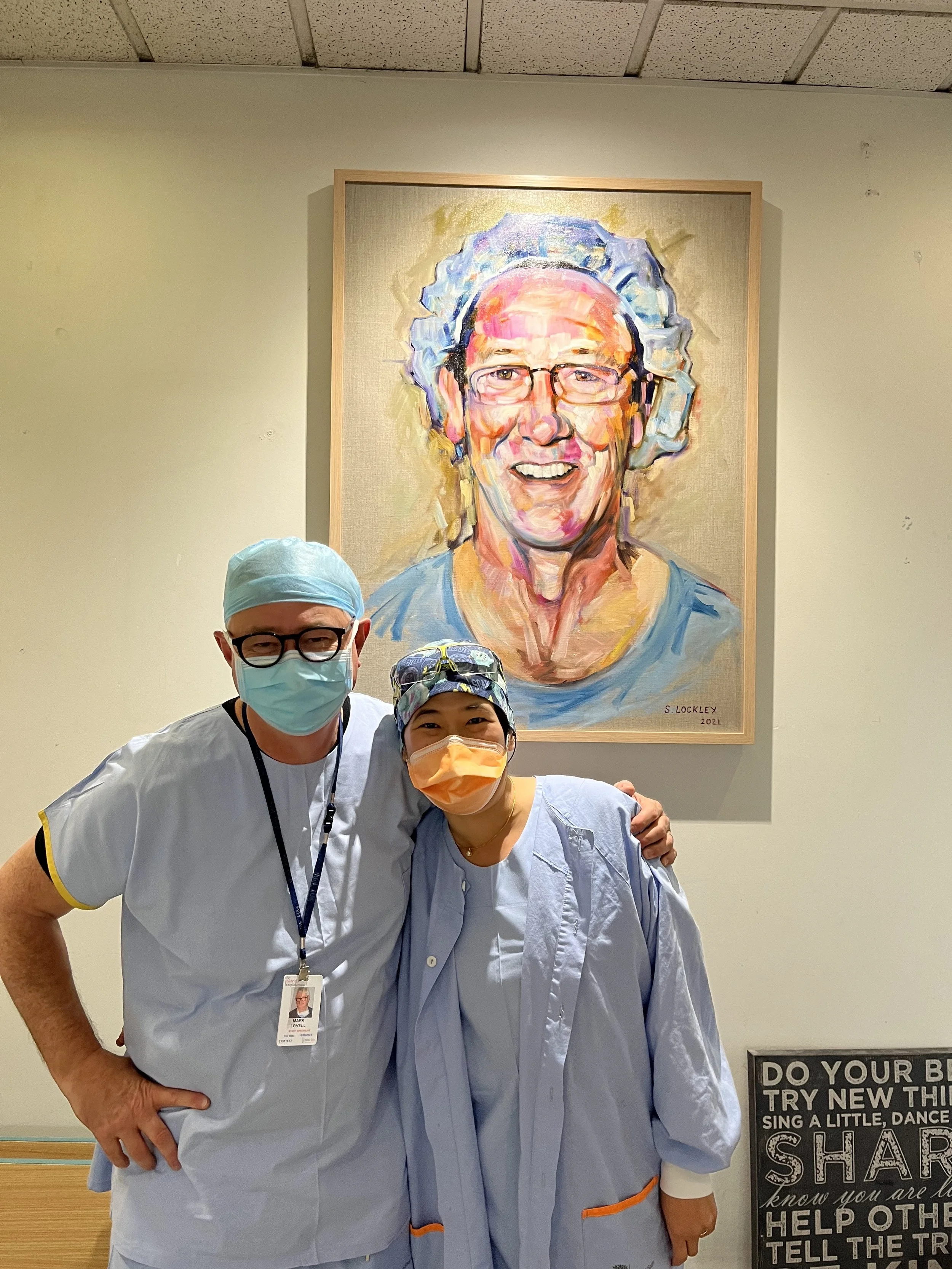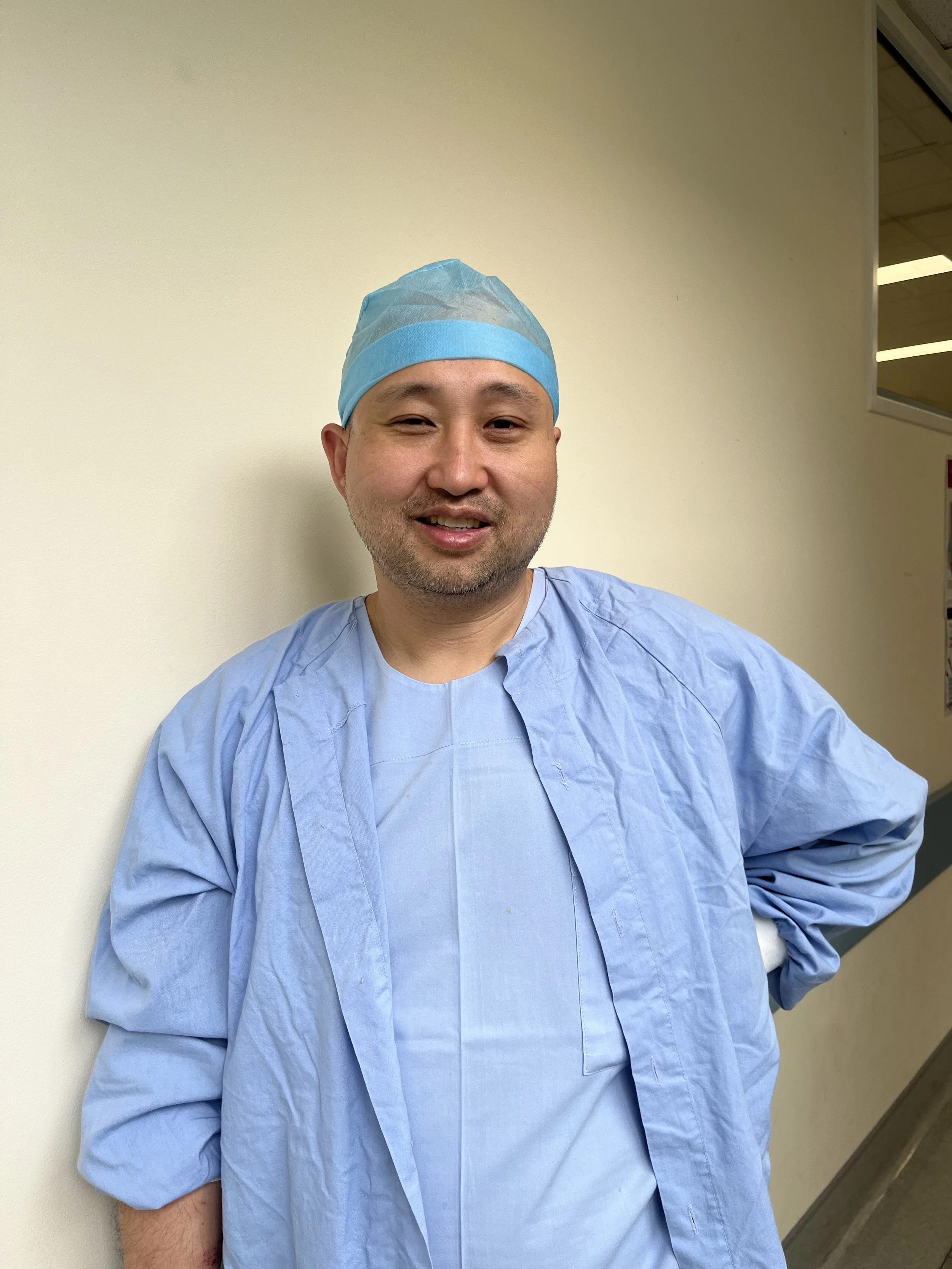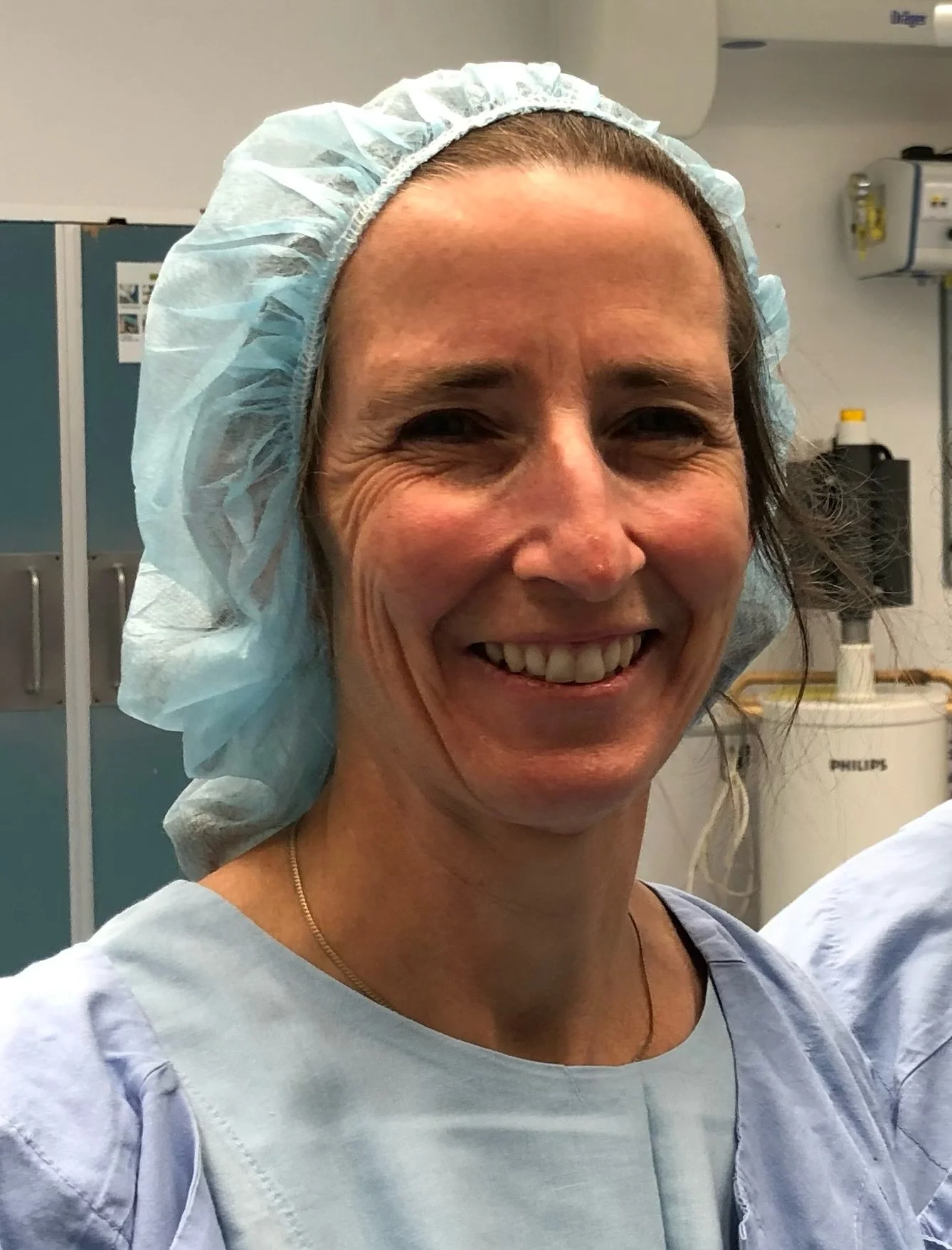The Very Unique MH Team
If you are not an anaesthetist, there is a chance that ‘MH’ doesn’t ring a bell. And even if I said ‘Malignant Hyperthermia’ that wouldn’t mean much. Which is why introducing our very unique team who focus on this particular area is sort of a privilege.
What is Malignant Hyperthermia?
Malignant Hyperthermia (MH) is a rare clinical condition seen when patients with a genetic predisposition are exposed to certain anaesthetic agents, resulting in uncontrolled release of calcium into muscle cells. This creates sustained muscle contraction, metabolic changes and, if not recognised and treated, death.
It is also preventable.
All that it takes to prevent MH is to use different anaesthetic agents. But to know to do that in a patient, you need to know a diagnosis in advance.
What do you need for an MH service?
Well you need people to do the work, obviously. But the testing itself relies on a very specific test – the In Vitro Contracture Test (IVCT). This is not a test you do by sending it to your standard lab. You need a whole machine dedicated just to this test.
Led by our former Head of Department, the amazing Dr Neil Street, we set up a service for people across the east coast of Australia that does the unique work of testing for this condition.
Dr Mark Lovell and Dr Gail Wong in front of a portrait of the inspirational Dr Neil Street. Most people never get to meet someone like Neil. We worked with him.
This started with the team building their own unique machine to take small samples of muscle and bathe the fibres in caffeine and halothane, an anaesthetic agent, to see if those muscles contract abnormally. These days the machine is a little different but the process is the same. Our crew, including Dr Gail Wong, Dr Victor Chan and Dr Mark Lovell, even arrange to get the small muscle specimen that is so vital for the test.
Dr Victor Chan, who is not really a lone wolf. That’s just how we grabbed him for the photo.
The IVCT is supplemented by an MH genetic service provided by Dr Margaret Perry. The MH service includes establishing family trees and counselling families about what a test result means. Our crew are also ready at any time to support and provide advice for our anaesthetic colleagues wherever they call from.
Dr Margaret Perry, who does the work with the genetics the rest of us can barely keep up with.
The MH service was first planned in 2000. First operational in 2002. And then it became the first centre in the world outside of Europe to be accredited by the European Malignant Hyperthermia Group in 2006.
They have provided their service to hundreds of families across NSW and even throughout other states.
And funding helps keep this vital service, one of only 3 in the country, ready to support families everywhere.



